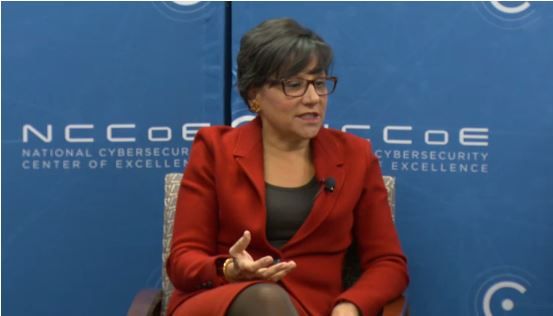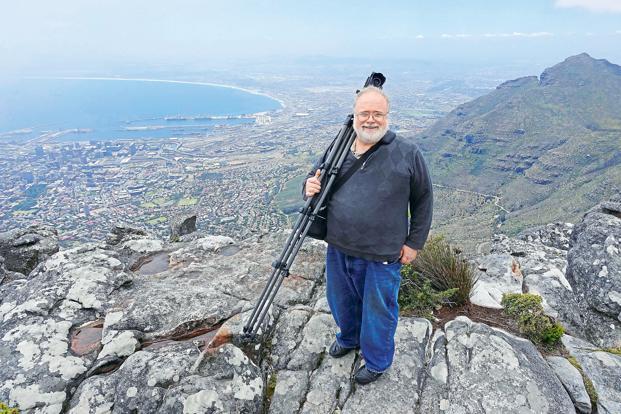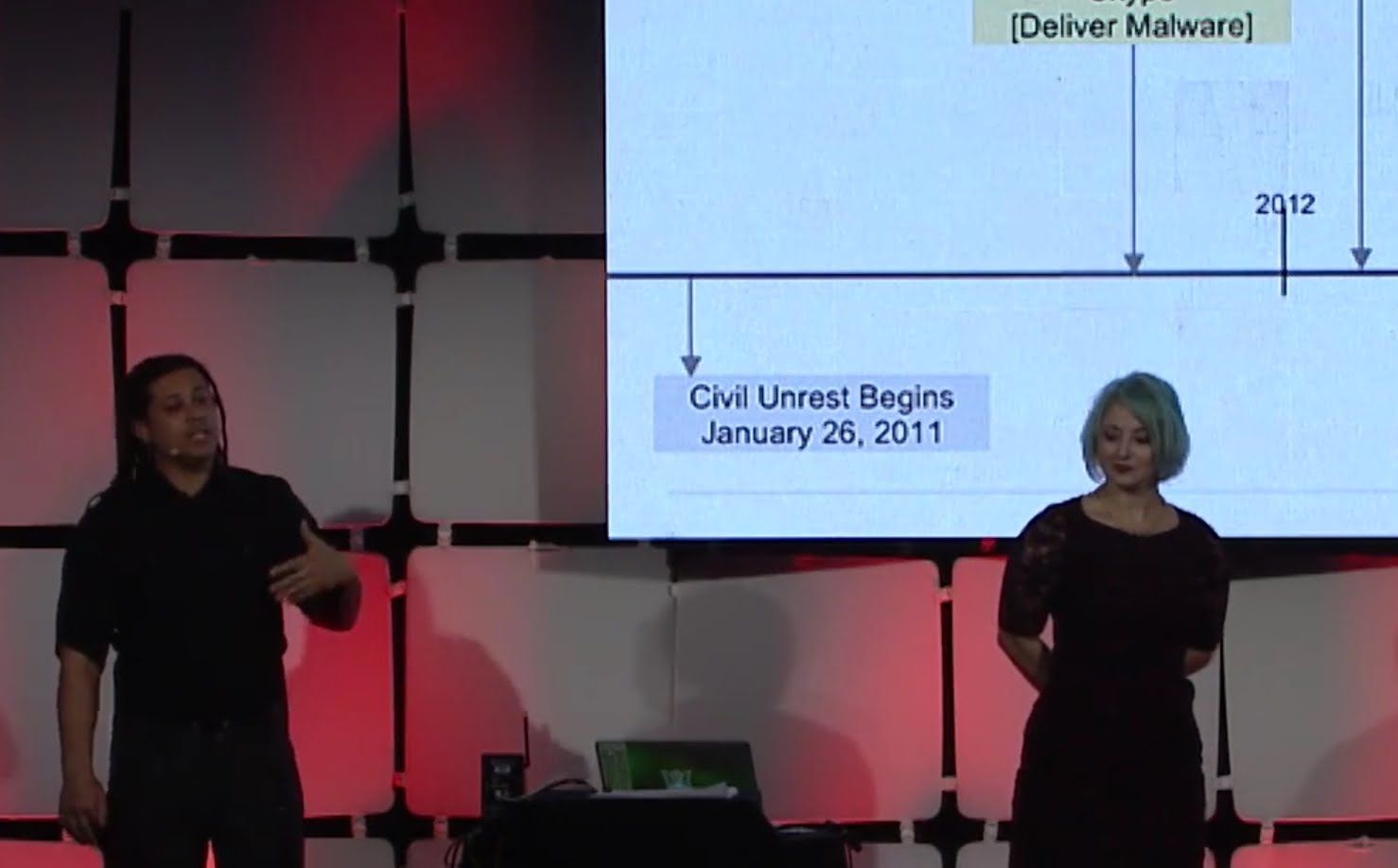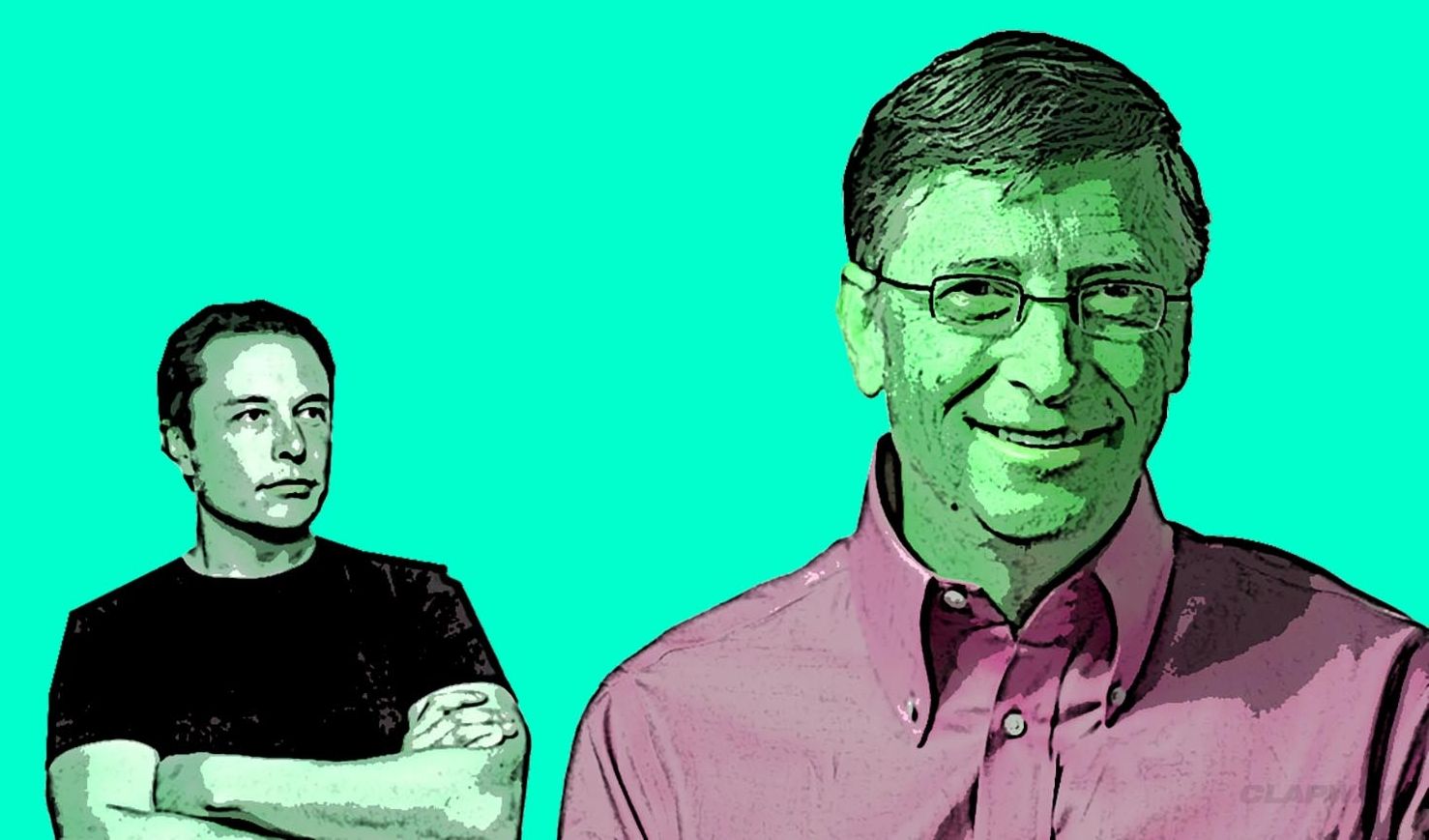Feb 8, 2016
Cybersecurity Challenges, Opportunities Discussed at Dedication of Expanded National Cybersecurity Center of Excellence
Posted by Karen Hurst in categories: business, cybercrime/malcode, quantum physics
If Russia, China, etc. upgrades their infrastructure to Quantum before US and it’s does; today’s breaches will not even compare to this scenario.
The push to bring more technology-related businesses to the state has officials hoping for long-term growth over places like Fairfax County, Va., where the federal government has already made substantial technological investment.
After the ceremony, an expert panel discussed some of the opportunities and challenges facing information infrastructure, the importance of collaboration between the public and private sectors, and how to increase consumers’ cybersecurity confidence.
















